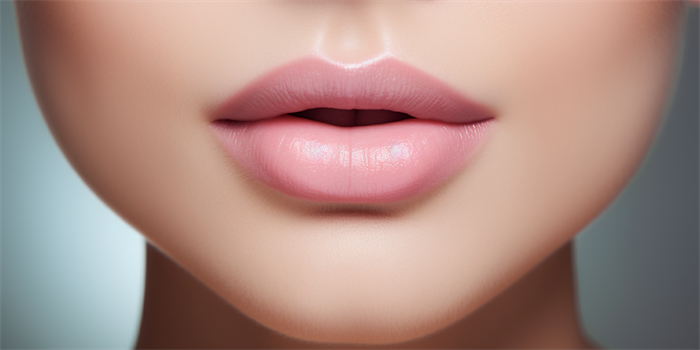What is the Best Age to Have Lip Surgery in Australia?
Lip surgery, also known as lip enhancement or lip augmentation, is a cosmetic procedure that can improve the shape, size, and overall appearance of the lips. In Australia, the decision to undergo lip surgery is influenced by various factors, including age, health, and personal aesthetic goals. Understanding the optimal age for this procedure can help individuals make informed decisions about their cosmetic enhancements.

1. Biological Considerations
The biological age of an individual plays a significant role in determining the suitability for lip surgery. Typically, it is advisable to wait until the facial features have fully matured, which generally occurs in the mid to late twenties. During this period, the lips have reached their full development, allowing for more accurate and natural-looking results. Additionally, waiting until this age ensures that any potential changes in lip shape or size due to natural aging are accounted for, leading to a more enduring outcome.
2. Psychological Readiness
Psychological readiness is another crucial aspect to consider. It is important for individuals to have a clear and realistic understanding of the procedure, its outcomes, and potential risks. Younger patients, particularly those in their late teens, may not have fully developed their aesthetic preferences or may be influenced by external pressures. Therefore, it is generally recommended that individuals wait until they are emotionally mature and have a stable sense of self-image before undergoing lip surgery.
3. Health and Medical Factors
Health and medical factors are paramount in determining the best age for lip surgery. Patients should be in good overall health, with no chronic conditions that could complicate the healing process. Smokers, for example, are often advised to quit before and after the procedure to reduce the risk of complications. Additionally, individuals with certain medical conditions, such as autoimmune disorders or blood clotting issues, may need to consult with their healthcare provider before proceeding with lip surgery.
4. Aesthetic Goals and Expectations
Understanding and aligning with one's aesthetic goals and expectations is essential. As individuals age, their aesthetic preferences may change, and what they desire in their twenties may differ from what they want in their thirties or forties. It is important for patients to have a clear vision of the desired outcome and to communicate this effectively with their surgeon. This ensures that the results of the lip surgery align with their long-term aesthetic goals.
5. Technological Advancements
Advancements in cosmetic surgery techniques and technologies have broadened the possibilities for lip enhancement. Modern procedures, such as dermal fillers and fat grafting, offer more natural and customizable results. These advancements have also reduced the invasiveness of the procedures, making them safer and more accessible for a wider age range. However, it is still important to consider the individual's age in relation to these advancements to ensure the best possible outcome.
6. Legal and Ethical Considerations
In Australia, there are legal and ethical considerations that govern the age at which cosmetic procedures can be performed. For instance, individuals under the age of 18 require parental consent and a thorough assessment by a qualified plastic surgeon. This ensures that the procedure is performed in a safe and ethical manner, taking into account the best interests of the young patient. It is essential for both patients and surgeons to adhere to these guidelines to protect the rights and well-being of all parties involved.
FAQ
Q: Can teenagers have lip surgery in Australia?
A: Teenagers can have lip surgery, but they must be at least 18 years old or have parental consent and a thorough assessment by a qualified plastic surgeon. It is important to ensure that the procedure is performed in a safe and ethical manner.
Q: What are the risks of lip surgery?
A: Risks of lip surgery include infection, bleeding, asymmetry, and allergic reactions to the materials used. It is crucial to choose a qualified and experienced surgeon to minimize these risks.
Q: How long does the recovery period last after lip surgery?
A: The recovery period typically lasts about one to two weeks. During this time, patients may experience swelling, bruising, and discomfort, which can be managed with prescribed medications.
Q: Can lip surgery be reversed?
A: Yes, lip surgery can be reversed. Procedures such as dermal fillers can be dissolved with an enzyme called hyaluronidase. However, permanent procedures like fat grafting may require additional surgery to reverse the effects.
Q: How long do the results of lip surgery last?
A: The longevity of the results depends on the type of procedure performed. Dermal fillers typically last between six months to two years, while fat grafting can provide more permanent results.
In conclusion, the best age to have lip surgery in Australia is influenced by multiple factors, including biological maturity, psychological readiness, health, aesthetic goals, technological advancements, and legal considerations. By carefully evaluating these aspects, individuals can make informed decisions and achieve their desired outcomes with confidence and satisfaction.




